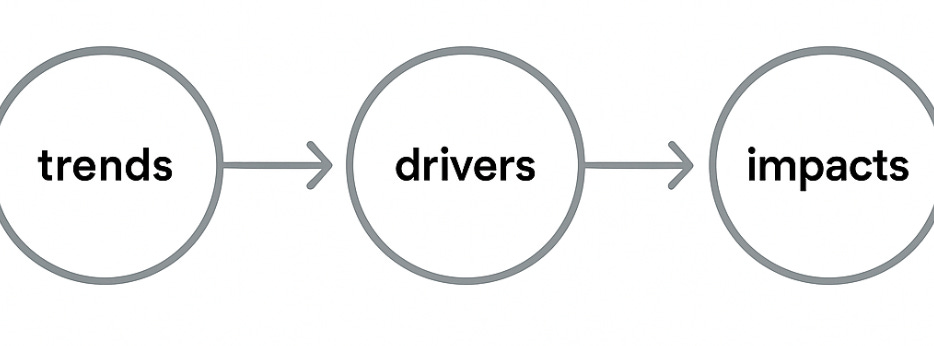LSN #5: Allies, But Not Aligned
7/14/2025: Nations are choosing “Nation First, Global Second” strategies, even inside cooperative systems.. Integration isn’t dead, but it’s conditional.
Europe’s financial and political fault lines are shifting beneath the headlines. While news flashes spotlight individual events, from Italy's banking interventions to Japan’s fusion breakthroughs and the US redefining NATO’s role, the deeper story is this: countries are rethinking their balance between national control and global cooperation.
Why should you care now? Because this will change the rules of markets, alliances, and innovation, directly impacting businesses, governments, and citizens worldwide.
[DECRYPTED]
TRENDS:
TL;DR countries are starting to protect themselves first, even when working with others.
A clear pattern emerges across regions and sectors: national sovereignty is becoming the new premium. Italy stopped a major banking merger to retain domestic control (Market Screener, July 14), Japan is investing heavily to lead fusion energy (Energy Reporters, July 14), and Trump wants NATO countries to make their own weapons (Internewscast Journal, July 14). The common idea: countries now value independence and control more than relying on others.
DRIVERS:
TL;DR Countries are acting to stay safe, solvent, and self-sufficient..
Geopolitical instability, economic volatility, and growing energy demands are driving governments to tighten control over strategic sectors. Italy’s merger block stems from fears over financial autonomy. Japan’s fusion investment is a long-term bet on energy independence. The US’s NATO posture shows how alliances are being reshaped as tools for sovereign leverage.
IMPACT:
TL;DR What used to be routine cross-border cooperation is now a political variable.
Multinationals and policymakers alike are entering an era of calculated fragmentation. Mergers and investments that once seemed straightforward now face national scrutiny. In energy and defense especially, collaboration is contingent and no longer assumed. Overall global integration isn’t vanishing, but it’s no longer the a given.
BREAKPOINT
Does this return to sovereignty actually increase resilience or just make the system more brittle in new ways?
National controls may guard strategic interests, but they also risk fragmentation, retaliation, and duplication. What looks like independence could create inefficiencies, inflate costs, and reduce shared problem-solving. Are we adapting wisely or just isolating reactively?
Are we entering an era of necessary resilience, or are we simply trading one set of vulnerabilities for another?
SYSTEMS CHECK
🏛 For policy & regulatory readers: Audit your exposure to fast-changing rules and national levers. Build scenarios where regulations shift mid-deal and make resilience a feature, not a patch.
📈 For corporate & investment leaders: Treat sovereign interference as a baseline risk. Rethink due diligence for deals in energy, finance, or emerging tech and monitor policy signals as closely as market ones.
🧠 For civic thinkers & analyst readers: Track how “resilience” rhetoric is used to justify national control. Scrutinize whether it empowers citizens or consolidates authority and narrows access.
🧑💻 For knowledge worker readers: Prepare for more localization requirements, slower approvals, and politically sensitive deployments. Global work is getting more political. Plan accordingly.
🌍 For engaged citizen readers: Ask who benefits when “national interest” is invoked. Sometimes it’s protection; sometimes it’s politics. Stay skeptical, not cynical..
READER FIELD REPORT
Where have you seen sovereignty reshaping cooperation or breaking it down? Share your experience and we may feature it next time!




